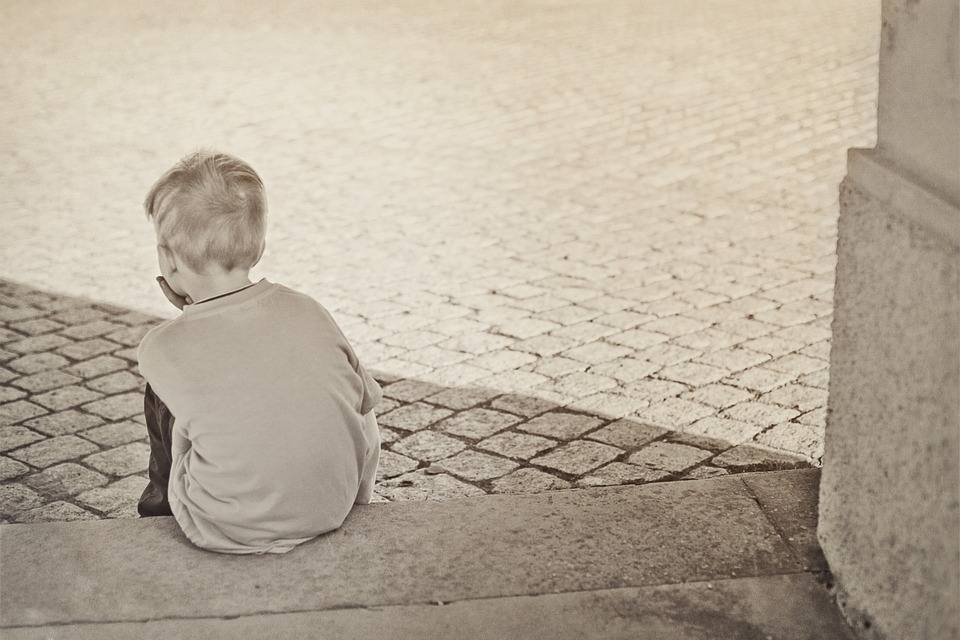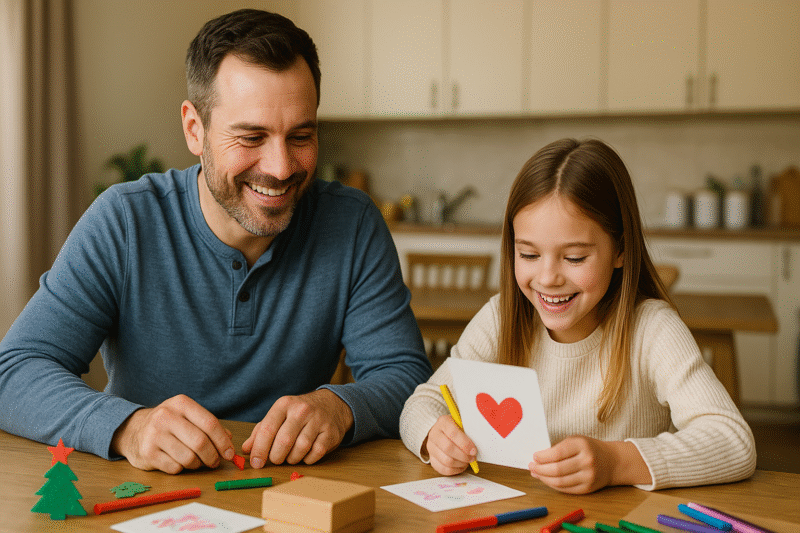I remember watching Supernanny demonstrating the ‘timeout’ parenting technique flawlessly.
buy amitriptyline online https://www.parkviewortho.com/wp-content/languages/new/prescription/amitriptyline.html no prescription
It then became an extremely popular parenting method for managing challenging behaviour.
Timeouts
It’s obvious that parents do need to discipline their children and exercising some kind of consequence for certain behaviours is a no-brainer. But psychotherapist and author Tina Payne Bryson says that there’s a huge, neglected problem with timeouts.
That parents use them to manage their own emotional dysregulation rather than to steer their child’s behavior.
Bryson states that neurological research suggests that children’s brains respond in the same way to physical pain as rejection, meaning that if timeouts are used haphazardly, long-term damage could occur. Interestingly though, Bryson is not anti-timeout!
buy zoloft online https://www.parkviewortho.com/wp-content/languages/new/prescription/zoloft.html no prescription
“If timeout is a tool that helps a parent not hit or hurt or abuse their child, then it’s a wonderful tool,” Bryson explains.
In an interview with Fatherly, she said this:
Children are unique and some children get very disregulated in timeout and others don’t. Some kids can regulate easily in quiet by themselves while other kids need someone else to co-regulate with them.
online pharmacy http://www.handrehab.us/images/layout3/php/levaquin.html no prescriptionAdditionally, the impact of timeouts depends on how timeouts are executed.
If parents are screaming and send their children to their room or putting them in the naughty chair and doing it punitively, that’s different than if parents are respectfully and calmly asking their child to take some time to calm themselves down and take a break, it’s a very different experience for the child.
We have to remember that the purpose of discipline is to teach, and kids are only effective learners when their nervous system detects safety and they are emotionally regulated, so any discipline technique that increases dysregulation in our children is counterproductive for discipline.
She goes on to suggest a positive way of using timeouts in order to get the best results with regards to teaching and disciplining our children.
All parents have disciplined optimally and all parents have made mistakes disciplining. We’re usually doing our best, but moving forward, we can start shifting to focus on the mind behind the behavior, tuning into the child’s experience and providing connection and empathy while we enforce boundaries.
We will always have ruptures, but the important part is that we repair with our children when we make mistakes and get reactive.
buy zovirax online aclsedu.com/wp-content/cache/autoptimize/js/html/zovirax.html no prescriptionWe can be gentle with ourselves, forgive ourselves, and model for our children growth and self-compassion. We can even say to our children “What has been happening when you are not listening has not felt good to me and I don’t think it’s felt good to you either, so we’re going to do things differently now. We’re going to try something new.”
I hold my hands up, this does resonate with me. I don’t think any parent can confidently say that they discipline in the most effective way, 100% of the time.
Reading what Bryson is saying, will certainly have an impact on how I approach those challenging tantrums.







